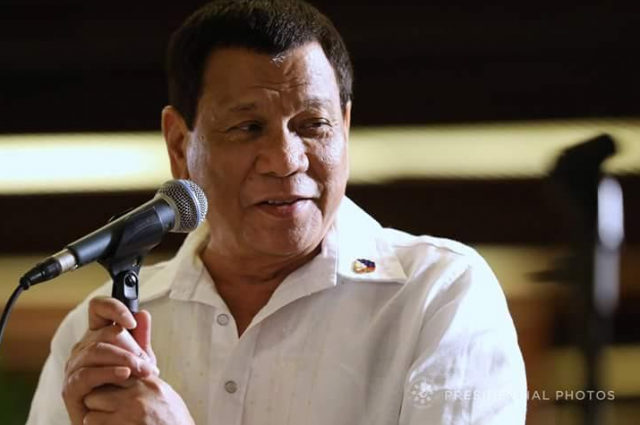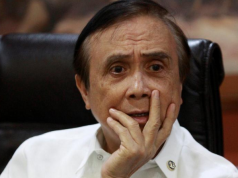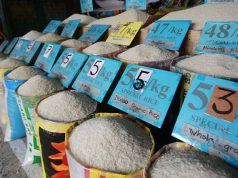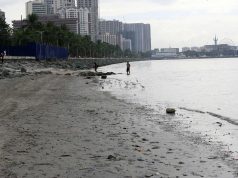MANILA – The new Foreign Investment Negative List (FINL) that, among others, will allow foreign contractors to take on local projects may be approved by President Rodrigo R. Duterte early next month, a Cabinet official said on Wednesday.
Socioeconomic Secretary Ernesto M. Pernia, who heads the National Economic and Development Authority (NEDA) as director general, said the Cabinet has finalized changes to the existing FINL to allow increased foreign participation in several sectors.
“I just signed the one that is going to be submitted to the NEDA Board for approval,” Mr. Pernia told reporters on the sidelines of an event hosted by the Makati Business Club Wednesday.
The negative list identifies sectors where foreign investments are limited or are prohibited. The latest version of the FINL issued on May 29, 2015 by then-president Benigno S.C. Aquino III was supposed to have been replaced by a new one last year.
Foreigners can hold up to a 40% stake in companies that operate public utilities; supply materials and goods to state-run firms, government agencies, and municipal corporations; or those that operate infrastructure or development facilities which need a public utility franchise.
To get around these restrictions, foreign firms pair up with Filipino-owned companies through joint venture agreements in order to take on a local project.
Mr. Pernia said the FINL is included in the agenda of the meeting tentatively set on March 6 of the NEDA Board, led by President Rodrigo R. Duterte. Once signed, it would be the first FINL amendment under the Duterte administration. Other projects approved by NEDA’s Investment Coordination Committee are also up for Mr. Duterte’s approval.
Mr. Pernia previously said that the government will allow contractors overseas to take on foreign-funded projects, but will keep the limit in place for those financed from local sources.
This comes ahead of the expected signing of loan deals with China and Japan, as the Philippine government seeks official development assistance (ODA) to fund a portion of its massive infrastructure program.
CHINA LOANS
Mr. Pernia said there is “great scope for growth” with warmer ties between China and the Philippines, with the government keen on tapping Chinese funds despite carrying higher interest rates than that offered by Japan.
The official noted that Manila can get loans from Beijing with rates of 2-3% “at best,” against a 0.25-0.75% for Japanese ODA.
“We cannot get all the loans from the ODA of Japan. They have to give to other countries as well so they have to allocate their ODA,” Mr. Pernia said. “Ideally, my personal preference is we are friends with all countries.”
Mr. Pernia also pointed out that although higher than Japan’s offer, Beijing’s 2-3% rate is still “much better” than lending rates imposed by commercial banks.
Manila is looking to tap Chinese funding for three projects: the P2.7-billion Chico River Pump Irrigation Project, the P10.9-billion New Centennial Water Source-Kaliwa Dam Project and the P151.3-billion Philippine National Railway South Commuter Line.
These form part of 75 flagship projects which the government wants to roll out until 2022, with a total funding requirement of P8.13 trillion, the NEDA chief said.
Once the loan agreement is signed, Mr. Pernia said Chinese authorities will screen and select three private contractors and present them to the Philippines, which will then vie for the project contracts through a bidding.
The government expects about $2 billion worth of ODA-funded projects to go live this year, which forms part of $9 billion worth of funding committed by China and Japan over the next five years.









